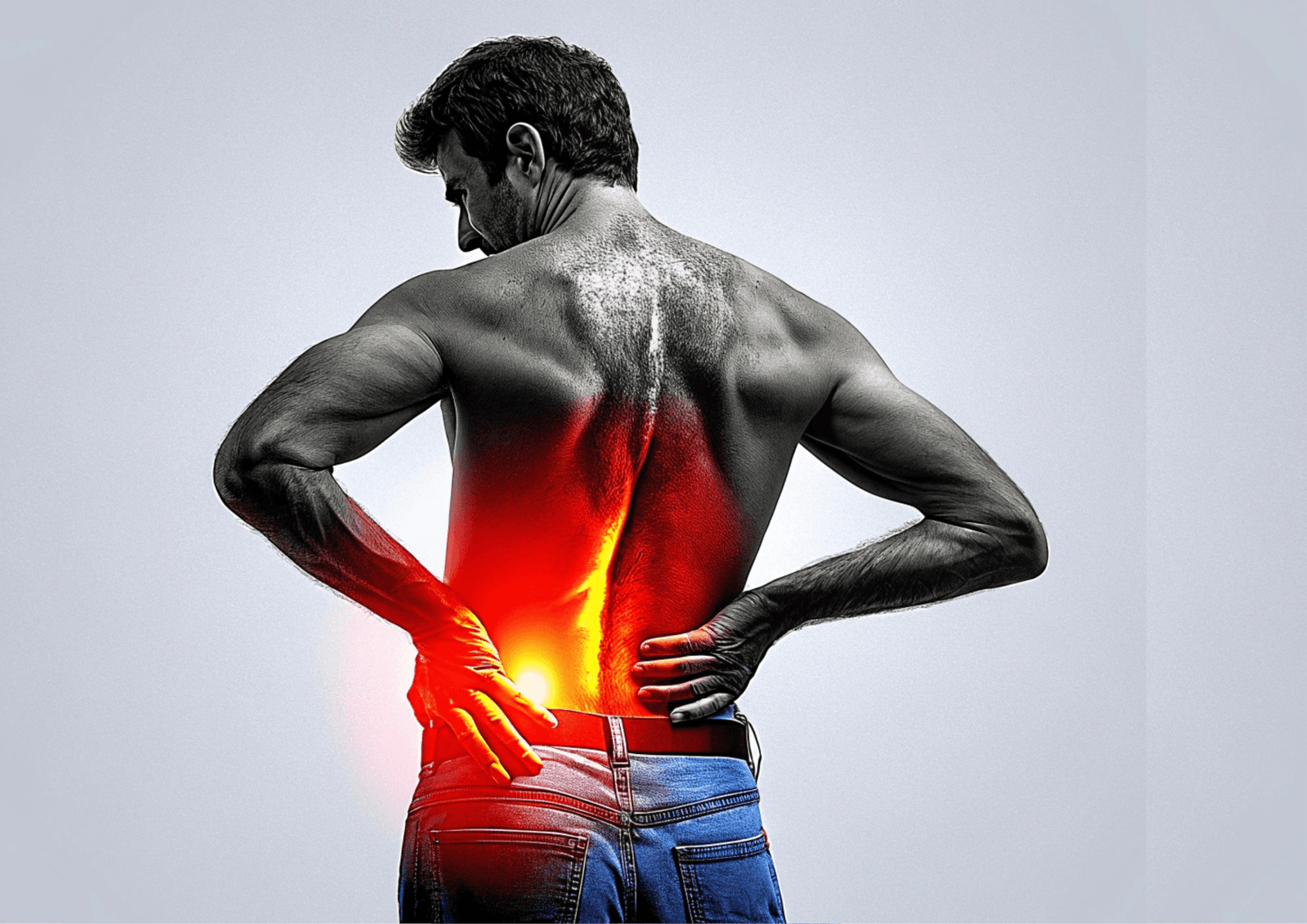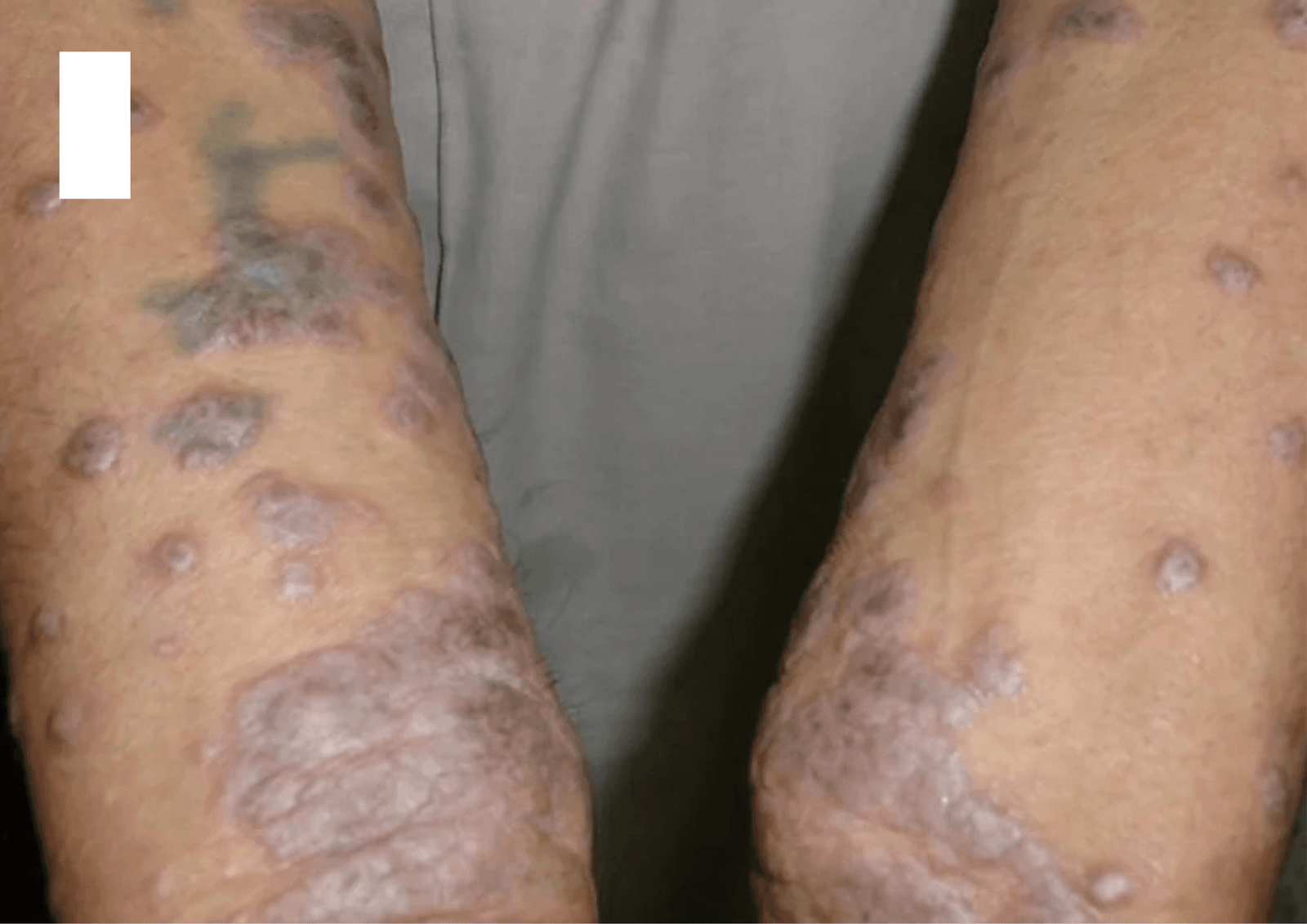
Chai Addiction vs Alcohol Addiction – Which is Worse? Ayurveda’s Perspective on Symptoms & Treatment
In India, chai (tea) is not just a beverage—it’s an emotion. From early mornings to late evenings, chai fuels millions. On the other hand, alcohol, though culturally and socially consumed, is widely recognized for its potential for abuse and addiction. While both chai and alcohol have their own impacts on health, comparing their addictive nature, effects, and Ayurvedic treatments gives us a deeper understanding of which poses a greater threat and how to manage them holistically.
Understanding Addiction
Addiction is a psychological and physiological condition marked by compulsive engagement with a substance despite its harmful consequences. Both tea and alcohol can create dependencies, although their intensity and health effects vary widely.
Chai Addiction: A Hidden Habit
Causes:
- Chai contains caffeine, a stimulant that activates the central nervous system.
- Habitual consumption creates psychological dependence due to its refreshing and alertness-boosting effect.
- Cultural and social conditioning makes it feel “normal” and even essential.
Symptoms of Chai Addiction:
- Headaches and irritability if skipped.
- Fatigue or drowsiness without tea.
- Frequent cravings, especially in stressful situations.
- Insomnia or disturbed sleep due to high intake.
- Acidity, bloating, or constipation (from overconsumption).
Health Effects:
- Overconsumption may lead to nervous system imbalances.
- Long-term effects can include chronic acidity, insomnia, and reduced iron absorption.
Alcohol Addiction: A Recognized Disease
Causes:
- Alcohol triggers dopamine release in the brain, creating a sense of pleasure and relaxation.
- Regular consumption builds tolerance, requiring higher quantities for the same effect.
- It often becomes a coping mechanism for emotional stress, depression, or social anxiety.
Symptoms of Alcohol Addiction:
- Loss of control over drinking.
- Withdrawal symptoms such as sweating, nausea, tremors.
- Blackouts and memory lapses.
- Damaged relationships and reduced work performance.
- Liver dysfunction, fatigue, and depression.
Health Effects:
- Chronic liver diseases like cirrhosis.
- Heart disease, nerve damage, and brain dysfunction.
- High risk of cancers, especially of liver, mouth, and throat.
- Severe withdrawal symptoms requiring medical attention.
Which Is Worse?
When compared clinically, alcohol addiction is more harmful and life-threatening than chai addiction. While chai addiction affects daily life mildly and is socially accepted, alcohol addiction can cause severe physiological, psychological, and social damage.
However, this doesn’t mean chai addiction should be ignored. Excessive tea intake disrupts dosha balance and can gradually weaken Agni (digestive fire) in Ayurvedic terms.
Ayurvedic Perspective & Treatment
Ayurveda treats addiction as a roga (disease) that disturbs the harmony of Vata, Pitta, and Kaphadoshas, and the mind-body connection.
Ayurvedic View on Chai Addiction:
Chai aggravates Vata and Pitta due to its stimulating and heat-inducing nature.
Treatment for Chai Addiction:
- Herbal Teas: Replace chai with herbal teas made of Tulsi, Brahmi, or Ashwagandha.
- Detoxification: Start the day with warm water infused with lemon and honey.
- Shirodhara:Ayurvedic head oil therapy to calm the mind and reduce dependence.
- Diet: Include cooling and grounding foods like ghee, milk, and fruits to balance Pitta.
- Yoga & Pranayama: Practices like AnulomVilom and Shavasana to control cravings.
Ayurvedic View on Alcohol Addiction:
Alcohol vitiates all three doshas but especially disrupts Rajas and Tamasgunas (mental qualities), causing emotional imbalance and toxicity.
Treatment for Alcohol Addiction:
- Panchakarma Detox: Deep detoxification using Vamana (emesis), Virechana (purgation), and Nasya (nasal cleansing).
- MedhyaRasayanas (Mind-tonics): Herbs like Brahmi, Shankhpushpi, and Jyotishmati for mental clarity.
- Ashwagandha&Tagara: To reduce stress and promote sleep.
- Aromatherapy & Massage:Abhyanga (oil massage) with sesame oil to relax the nervous system.
- SatvavajayaChikitsa:Ayurvedic psychotherapy for emotional balance and mental control.
You can visit our Youtube channel to get knowledge about other Products.
To get more information click here.



